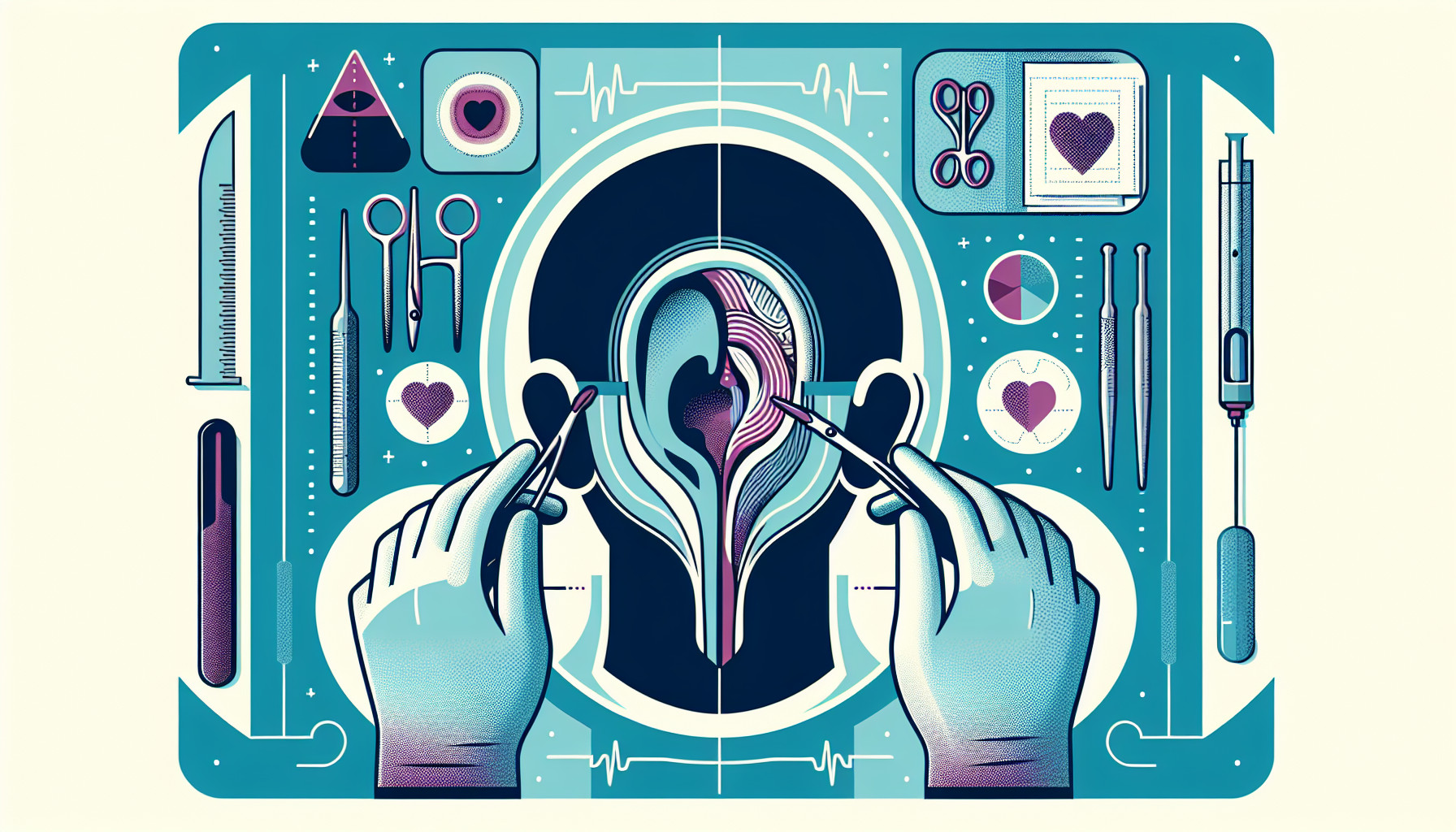Our Summary
This study investigated the likelihood and risk factors for Eustachian tube dysfunction that can lead to middle ear problems in patients who are on long-term breathing support through a tracheostomy tube. The study included 40 patients and used tympanometry, a test that measures the functioning of the middle ear, to assess their ear health. The results showed that out of 40 patients, 26 had at least one ear with disease. It was also noticed that middle ear issues were more common in patients who were fed through a tube and those with cognitive or consciousness impairments. The study concluded that middle ear problems are common in patients on long-term breathing support and are especially prevalent in those with cognitive impairments or who are tube-fed, while oral feeding seemed to protect against these issues.
FAQs
- What was the main purpose of the study on Eustachian tube dysfunction?
- What were the common risk factors for middle ear problems in patients on long-term breathing support?
- How does oral feeding seem to affect the likelihood of middle ear issues in patients on long-term breathing support?
Doctor’s Tip
A helpful tip a doctor might give a patient about ear tube surgery is to follow post-operative care instructions carefully to ensure proper healing and prevent infection. This may include keeping the ear dry, avoiding activities that could cause pressure changes in the ear, and attending follow-up appointments as scheduled. It is also important to communicate any concerns or changes in symptoms to your doctor promptly.
Suitable For
Patients who are on long-term breathing support through a tracheostomy tube may be recommended ear tube surgery if they are experiencing middle ear problems due to Eustachian tube dysfunction. Additionally, patients with cognitive impairments or who are tube-fed may also be at a higher risk for middle ear issues and may benefit from ear tube surgery. Patients who have recurrent ear infections, chronic fluid buildup in the middle ear, or hearing loss may also be recommended for ear tube surgery.
Timeline
Before ear tube surgery:
- Patient may experience frequent ear infections, fluid buildup in the middle ear, hearing loss, and ear pain
- Patient may have difficulty hearing or may experience frequent earaches
- Patient may have trouble with balance or coordination due to inner ear issues
- Patient may be recommended by their doctor to undergo ear tube surgery to alleviate these symptoms
After ear tube surgery:
- Patient may experience relief from ear infections and ear pain
- Patient’s hearing may improve as fluid is able to drain properly from the middle ear
- Patient may notice improved balance and coordination due to reduced pressure in the inner ear
- Patient may need to follow up with their doctor for post-operative care and monitoring of the ear tubes
- Patient may be able to resume normal activities without the discomfort of frequent ear issues
What to Ask Your Doctor
- What are the benefits of ear tube surgery for my specific condition?
- What are the potential risks and complications associated with ear tube surgery?
- How long will the ear tubes typically stay in place?
- Will I need to follow any special precautions or restrictions after the surgery?
- How will the surgery affect my hearing and balance?
- Will I need to have the ear tubes replaced in the future?
- What is the success rate of ear tube surgery for patients with my condition?
- Are there any alternative treatment options available for my condition?
- How should I prepare for the surgery and what can I expect during the recovery process?
- Will I need to follow up with you or an audiologist after the surgery for monitoring and care?
Reference
Authors: Ilan O, Marcus EL, Cohen Y, Farkash T, Levy R, Sasson A, Adelman C. Journal: J Laryngol Otol. 2017 Sep;131(9):817-822. doi: 10.1017/S0022215117001554. Epub 2017 Jul 31. PMID: 28758602
